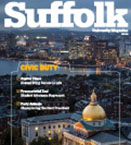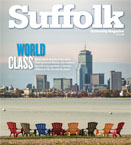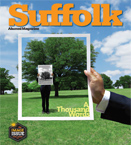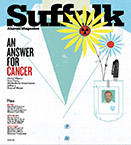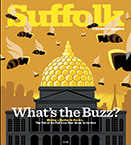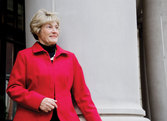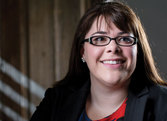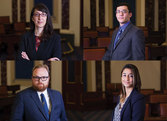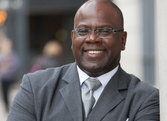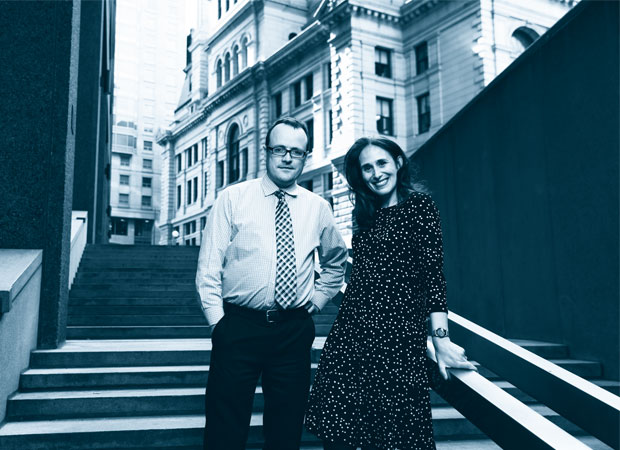
Bipartisan Boot Camp
Summer Institute Campaign Lab splits the difference between a crash course and a master class in political management
Staff Writer
How long would it take to become the next David Axelrod or Corey Lewandowski? Would you believe a mere fortnight? When Department of Government Chair Rachael Cobb and Brian Conley, director of the graduate program in political science, developed the Summer Institute Campaign Lab for students and working professionals, the goal was for participants to come away with college credit and a campaign plan in a relatively short period.
“We wanted to make our program more intensive than a weekend, but less time-consuming than a several-month commitment,” explains Cobb. “We talked with campaigns who said they would be interested in sending campaign staff for the intensive two-week course.”
For 12 days in early June, “participants learned the nuts and bolts of how a campaign actually works; how a candidate’s day is structured from dawn to dusk and beyond; and how to make the critical fundraising phone calls, create a message, manage social media, file papers, and engage with the community. We did coursework in the morning followed by site visits in the afternoon. We ‘walked a district,’ visited with lawmakers and met TV producers. Participants got an excellent overview of the entire process.”
Has that process changed so much this year that it’s time to throw the rulebook out the window? “The 2016 presidential election cycle has upended much of the conventional wisdom regarding what makes a candidate in either of the major parties competitive,” Conley confesses. “It has, in particular, challenged the beliefs most political observers have about the power of party insiders, money and even the importance of proper political etiquette in shaping the outcome of the presidential election.”
And yet, says Cobb, “Despite the success of insurgents in the presidential election, the ‘process’ of running for office has not changed. Candidates still need to understand the process to create a campaign plan, they need to attract voters with a message that resonates, figure out what broad coalition of voters will form the base, raise funds, and mobilize voters. These are the skills you need whether you are running for school committee or senator.”
The preponderance of Suffolk alumni in Massachusetts state government is well known. But in this surreal presidential election year, it’s worth noting that the University has also produced its share of national figures such as the mastermind behind the insurgent campaign of Bernie Sanders, Thomas A. “Tad” Devine, JD ’82. It is unsurprising, then, that the University where so many political careers–local and national, traditional and iconoclastic–were shaped would launch a program like this.
“Although many people feel great discontent with what they perceive as a toxic political atmosphere, there are many students who genuinely care and want to be involved,” Cobb says.
Photograph by Michael J. Clarke
